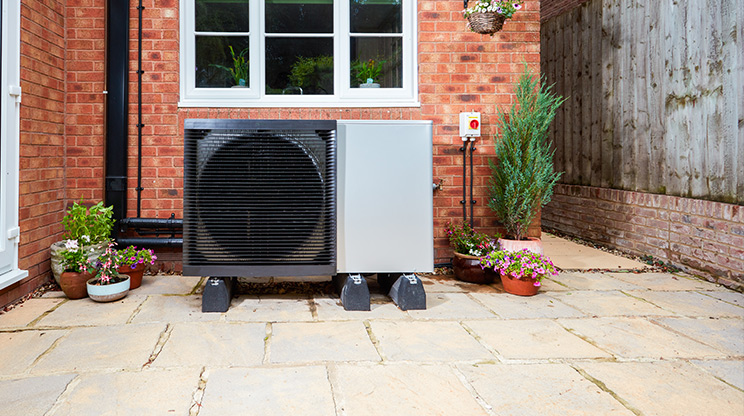Heat pumps are emerging as a key solution for heating and cooling in homes and businesses worldwide. As concerns about climate change and rising energy costs intensify, heat pumps are gaining recognition for their efficiency and environmental benefits. Unlike traditional heating systems, which rely on burning fossil fuels to generate heat, heat pumps transfer heat from one place to another, using electricity to move heat instead of creating it. This fundamental difference allows them to operate much more efficiently, making them a critical technology in the fight against global warming. The operation of heat pumps is simple but ingenious. In the winter, they extract heat from the outside air, ground, or water, and bring it indoors, even when temperatures are low. In the summer, the process is reversed, and the heat pump removes heat from the indoor air, cooling the space. This versatility makes heat pumps an all-in-one solution for both heating and cooling, reducing the need for separate air conditioning and heating systems.

One of the most significant advantages of heat pumps is their efficiency. For every unit of electricity consumed, heat pumps can provide multiple units of heating or cooling, often in the range of 3 to 5 units of heat for every 1 unit of electricity used. This efficiency is far superior to that of conventional electric heaters, which can be much less efficient and expensive to operate. Over time, this energy efficiency translates into considerable savings on energy bills, which is increasingly important as energy prices rise globally. The environmental benefits of heat pumps are another compelling reason why they are considered the future of heating. Because they do not burn fossil fuels, heat pumps produce far fewer carbon emissions than conventional heating systems. In fact, when powered by renewable electricity sources like wind or solar power, heat pumps Jnod can be virtually carbon-neutral, contributing significantly to reducing greenhouse gas emissions. As countries and regions implement stricter environmental regulations, transitioning to heat pumps will become essential for meeting carbon reduction targets and combating climate change.
In addition to their efficiency and environmental benefits, heat pumps are also becoming more affordable and accessible. Technological advances have made these systems more reliable, and the growing market for heat pumps has driven prices down. Government incentives and rebates for energy-efficient upgrades also make heat pumps more attractive financially, further encouraging homeowners and businesses to make the switch. Furthermore, heat pump installations are relatively straightforward and can be retrofitted into most existing buildings, making it easier for people to transition to cleaner, more efficient heating solutions. As the world continues to move toward a more sustainable future, heat pumps stand out as a critical piece of the puzzle. Their energy efficiency, environmental benefits, and adaptability to a wide range of climates make them an ideal solution for reducing our reliance on fossil fuels. With the growing focus on renewable energy, energy efficiency, and carbon reduction, heat pumps are not just a trend but a long-term solution for heating that promises to play a central role in the energy transition.
